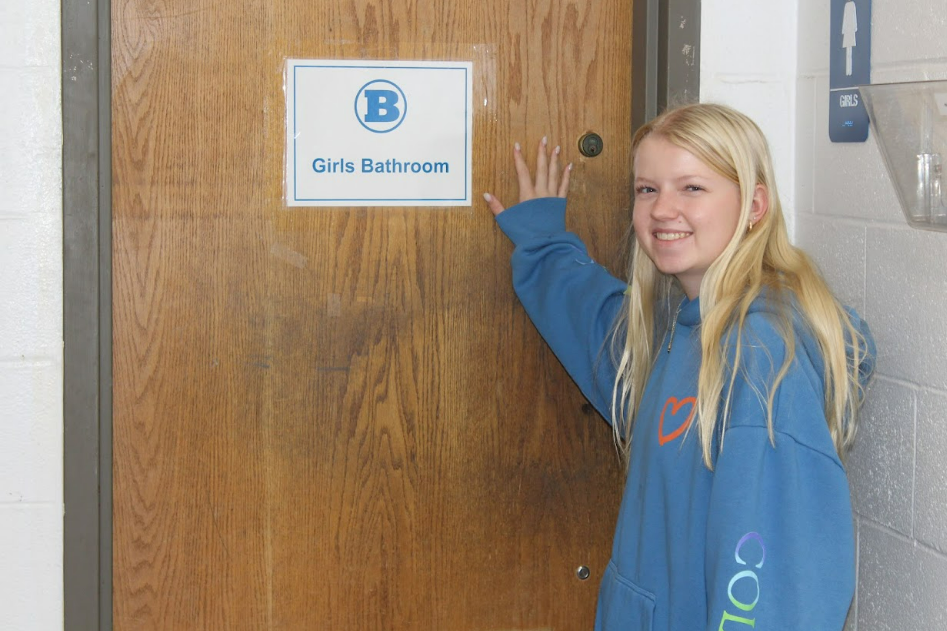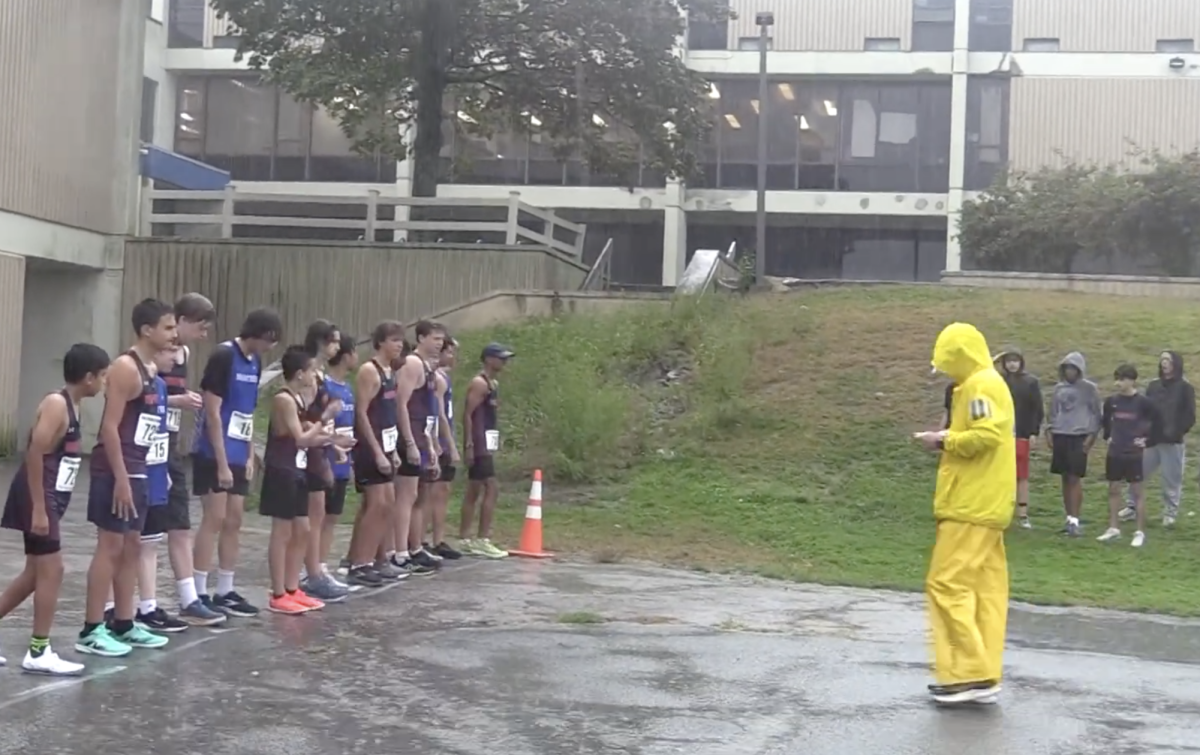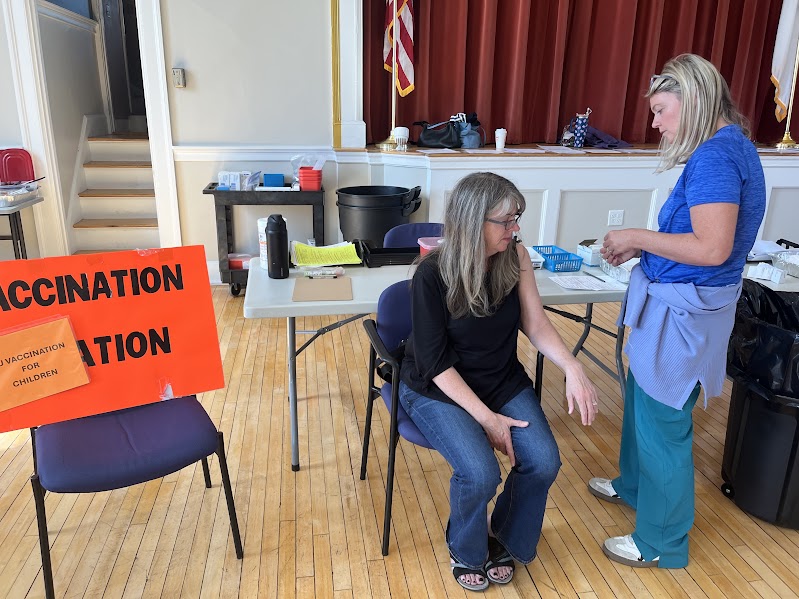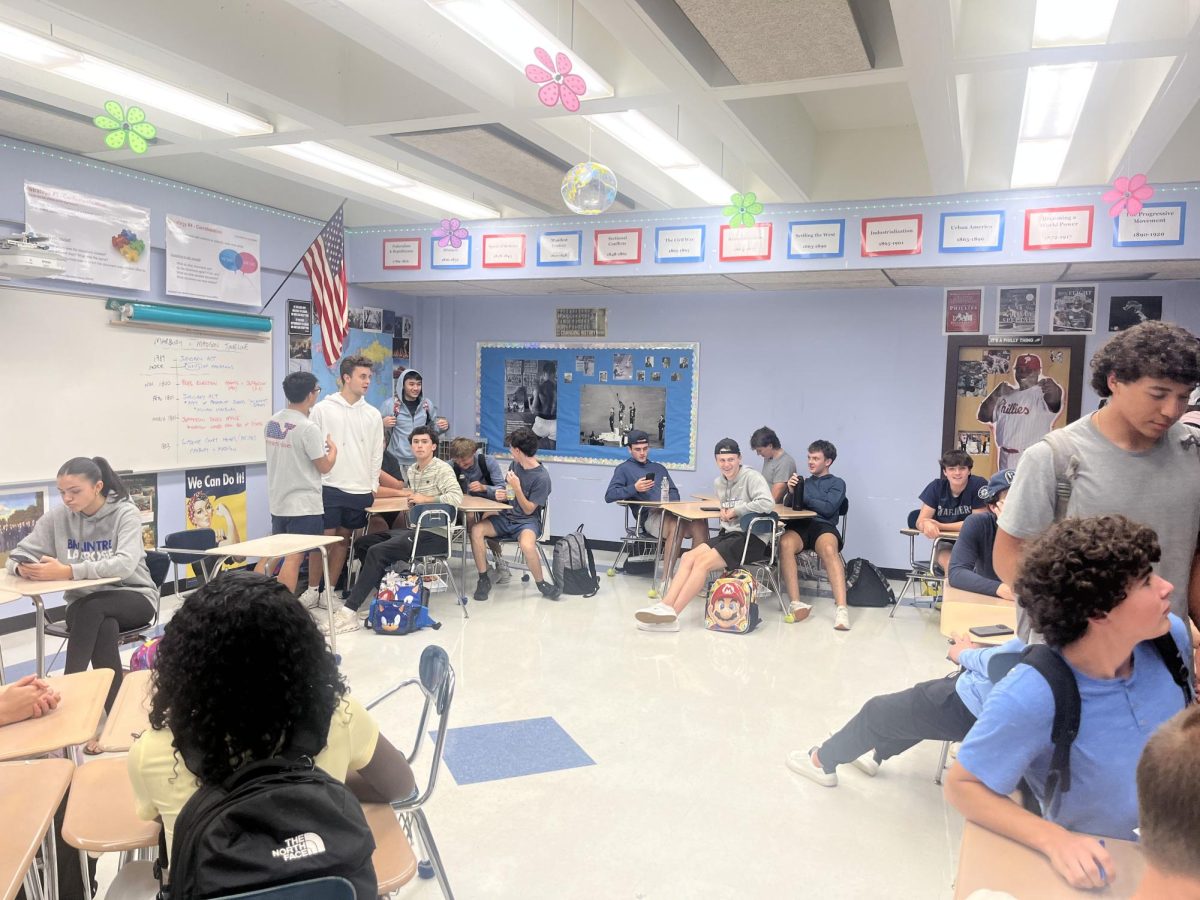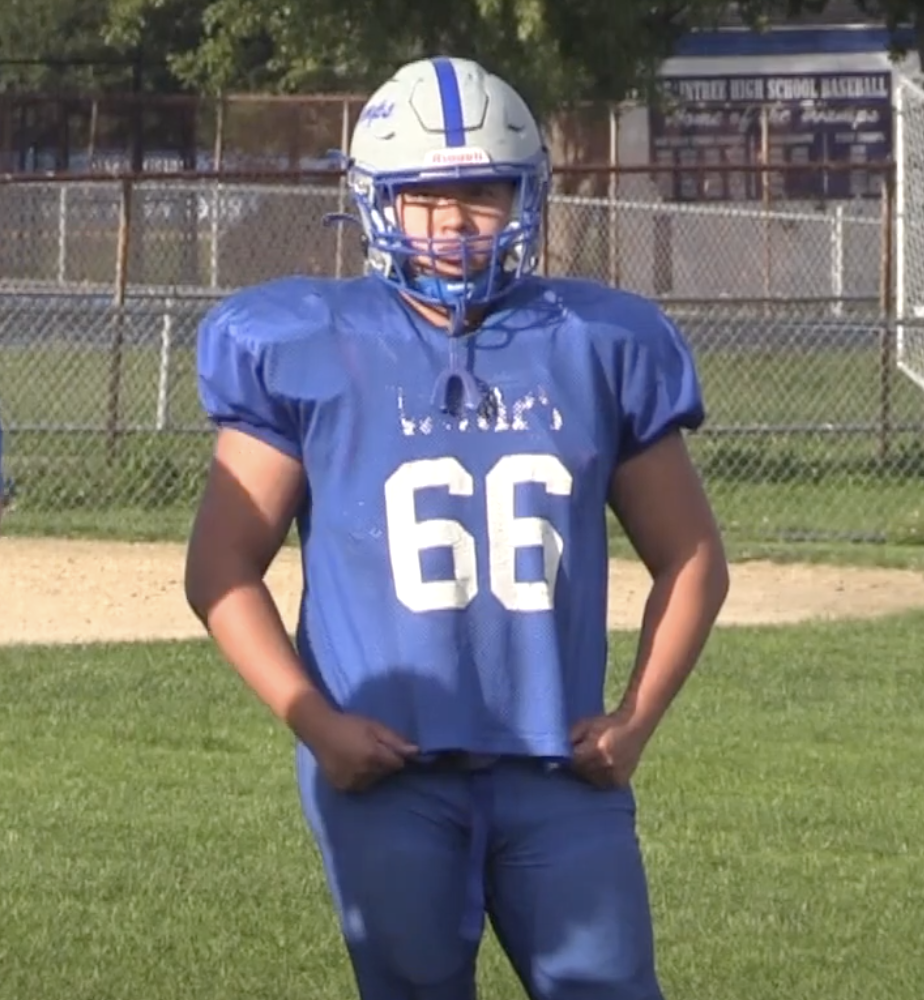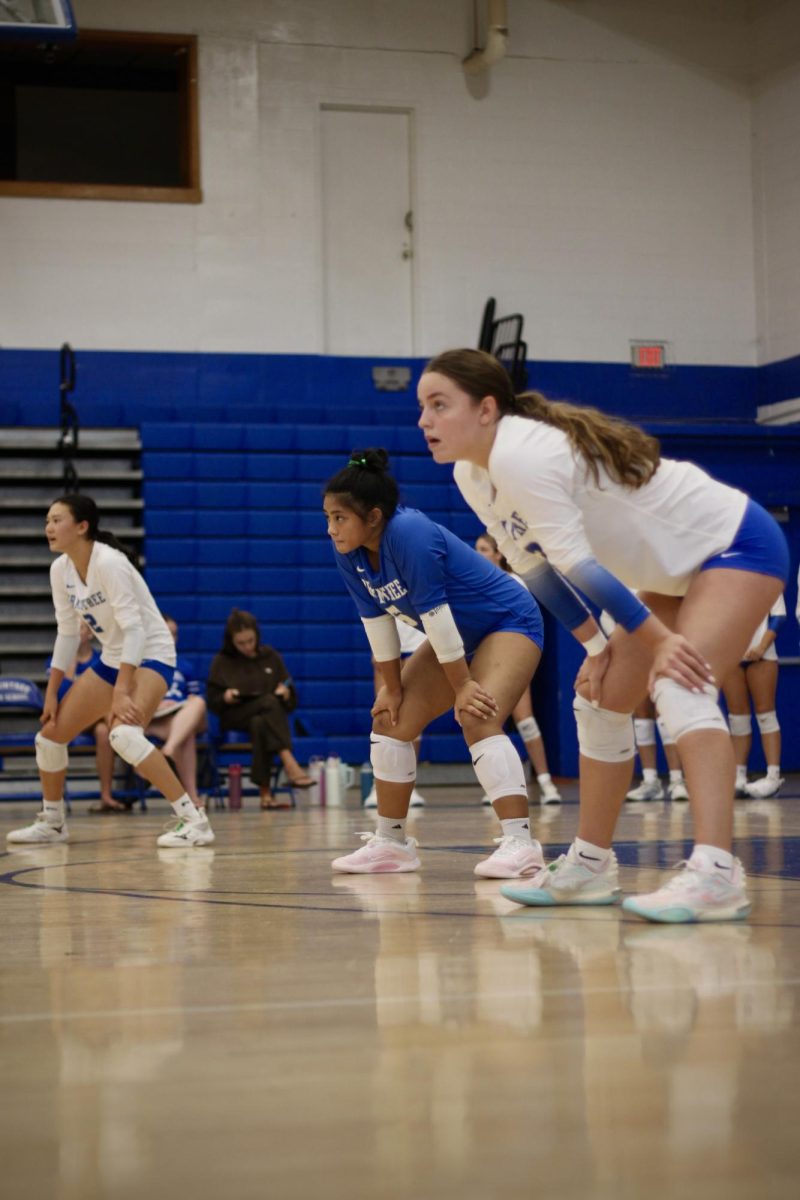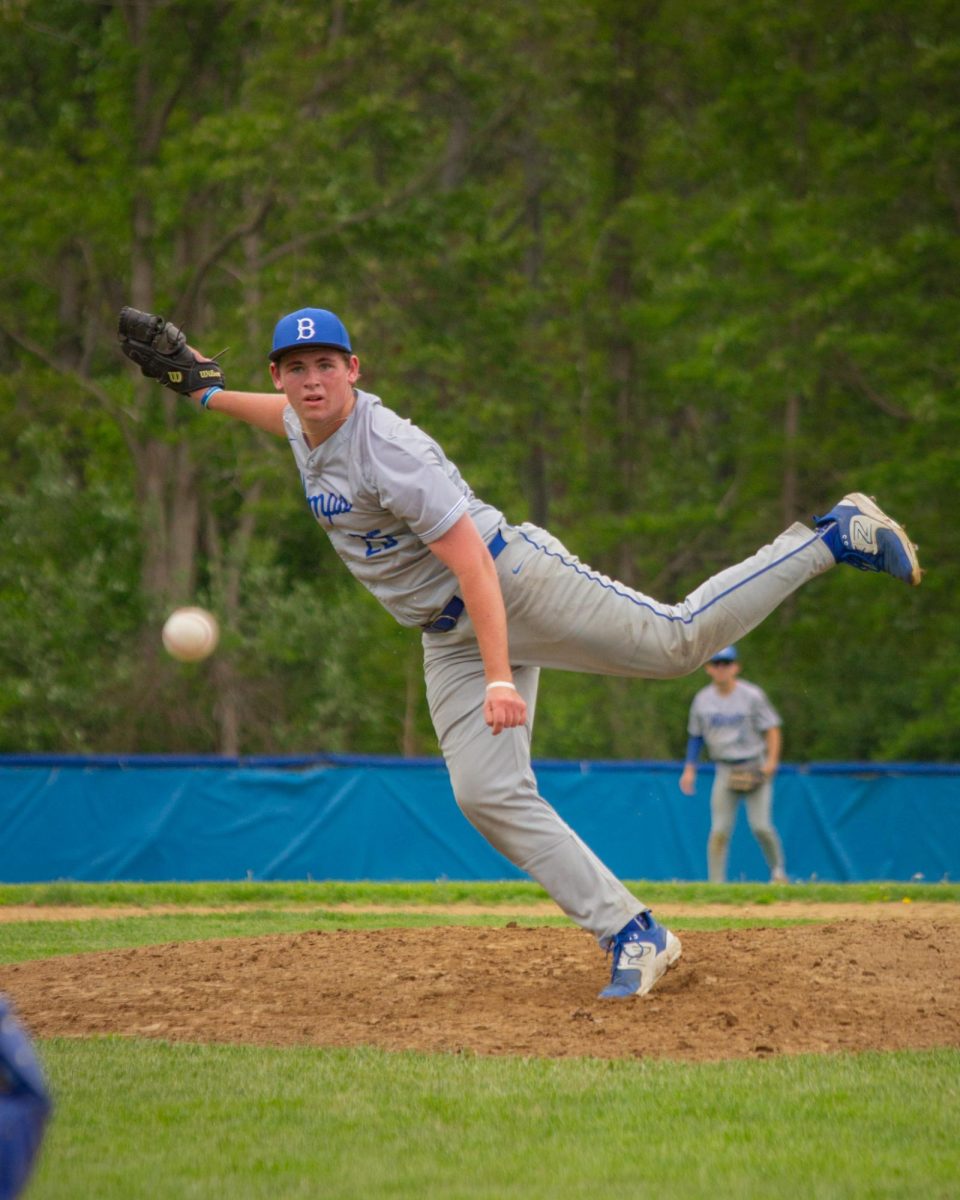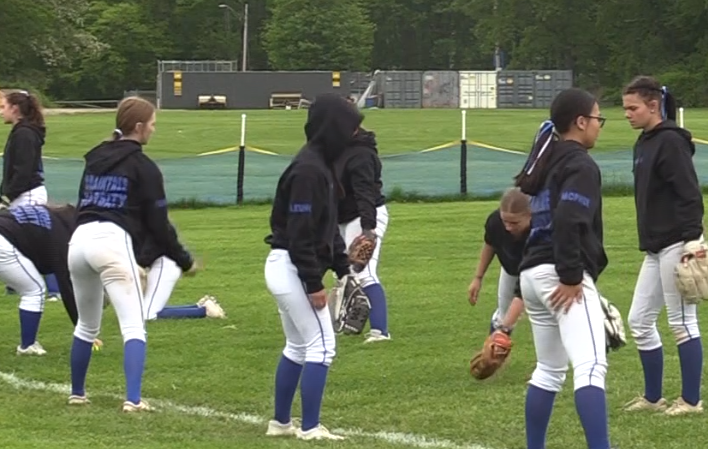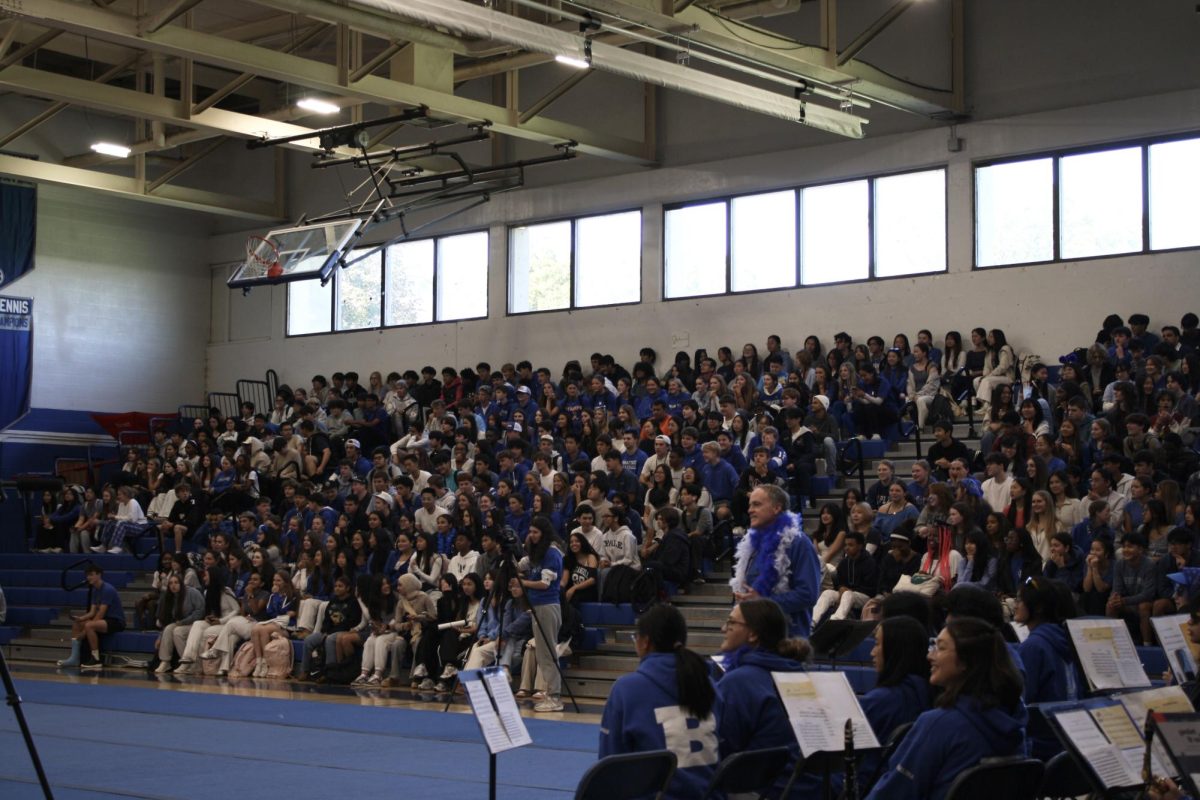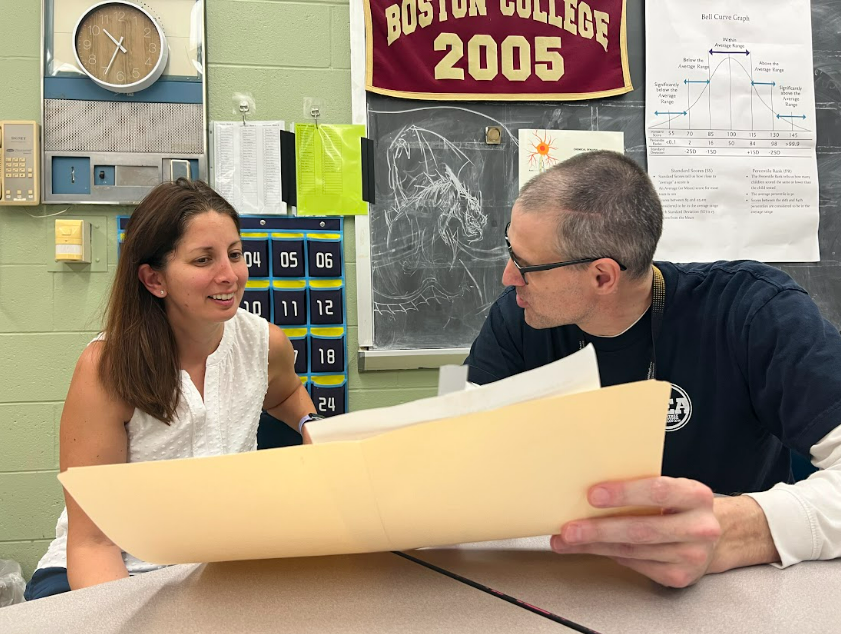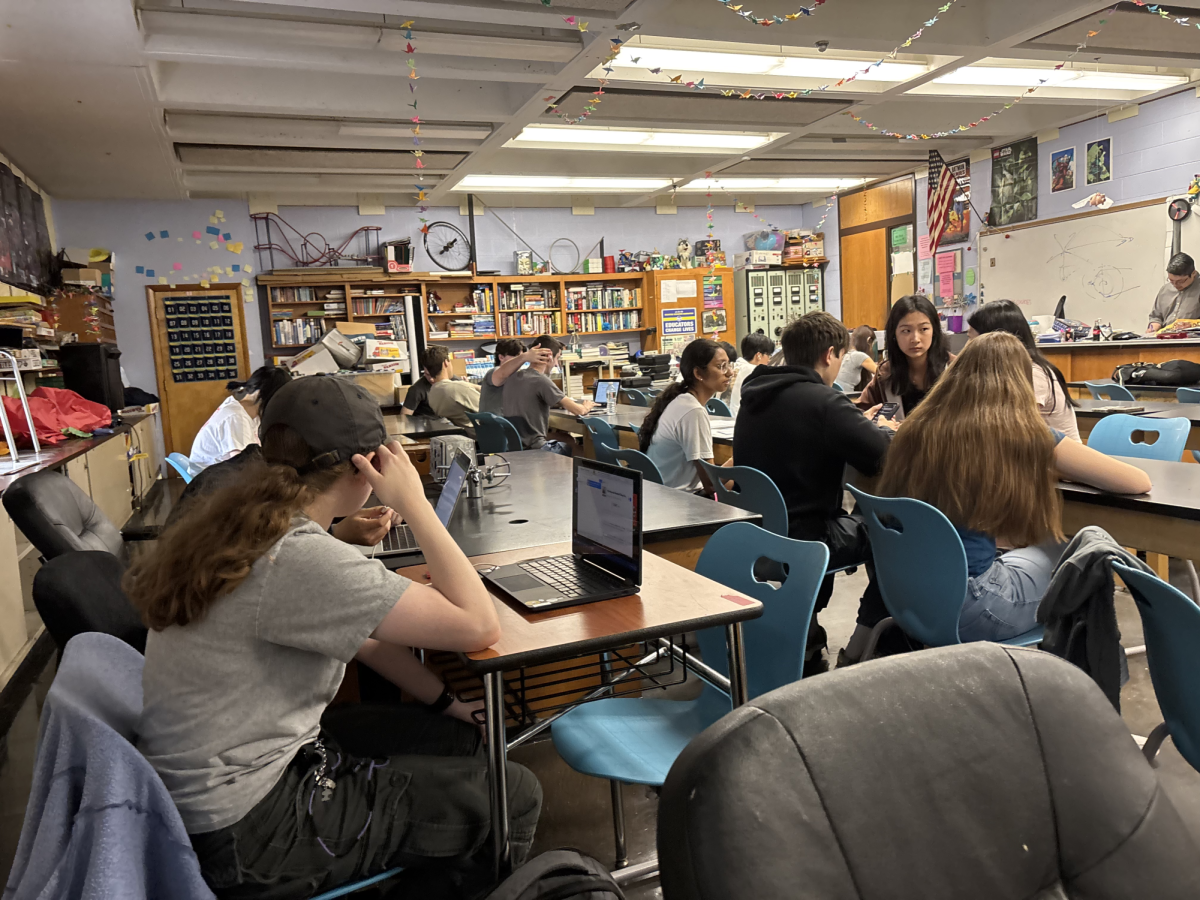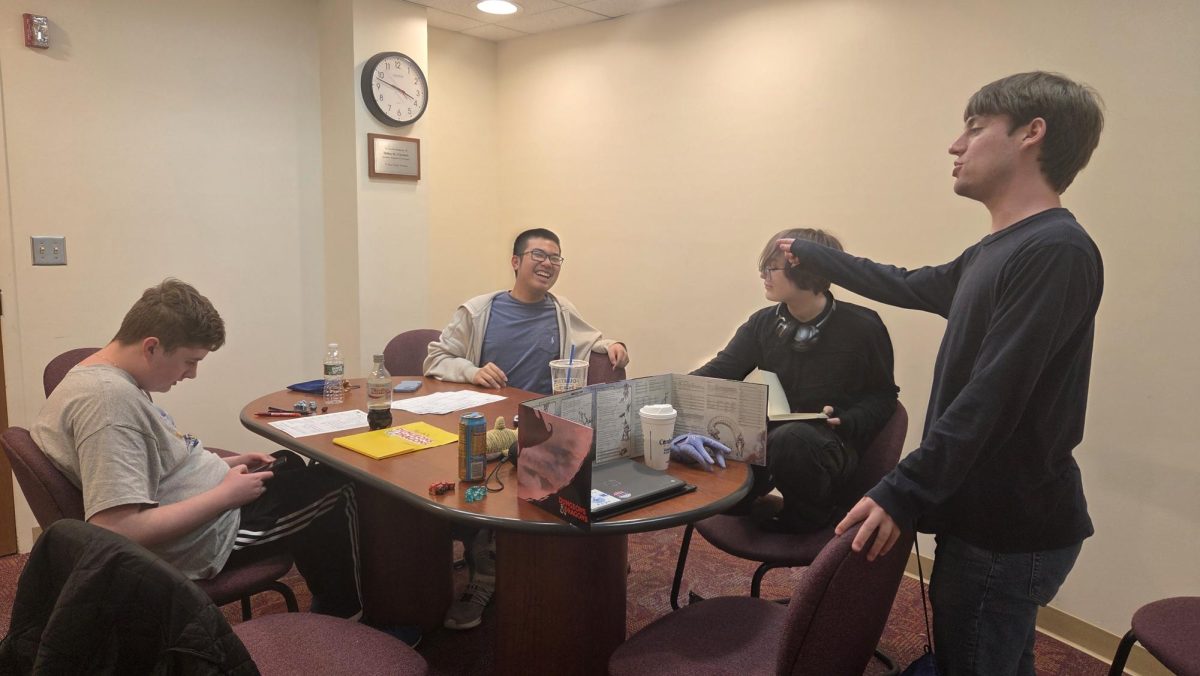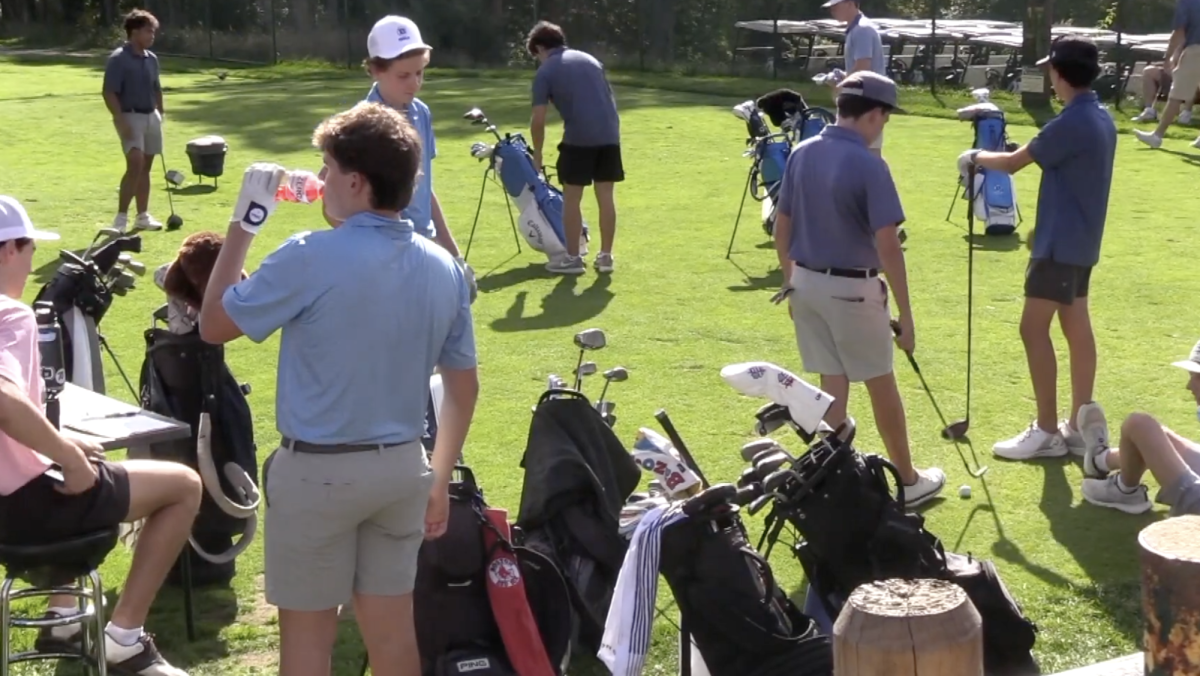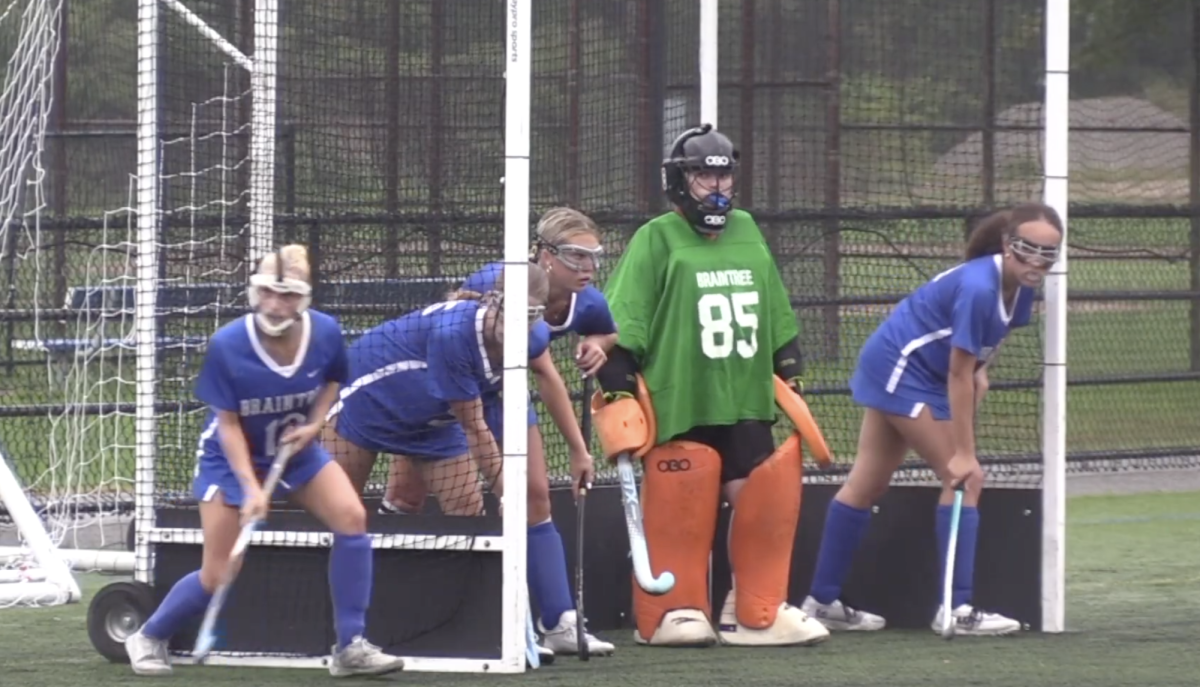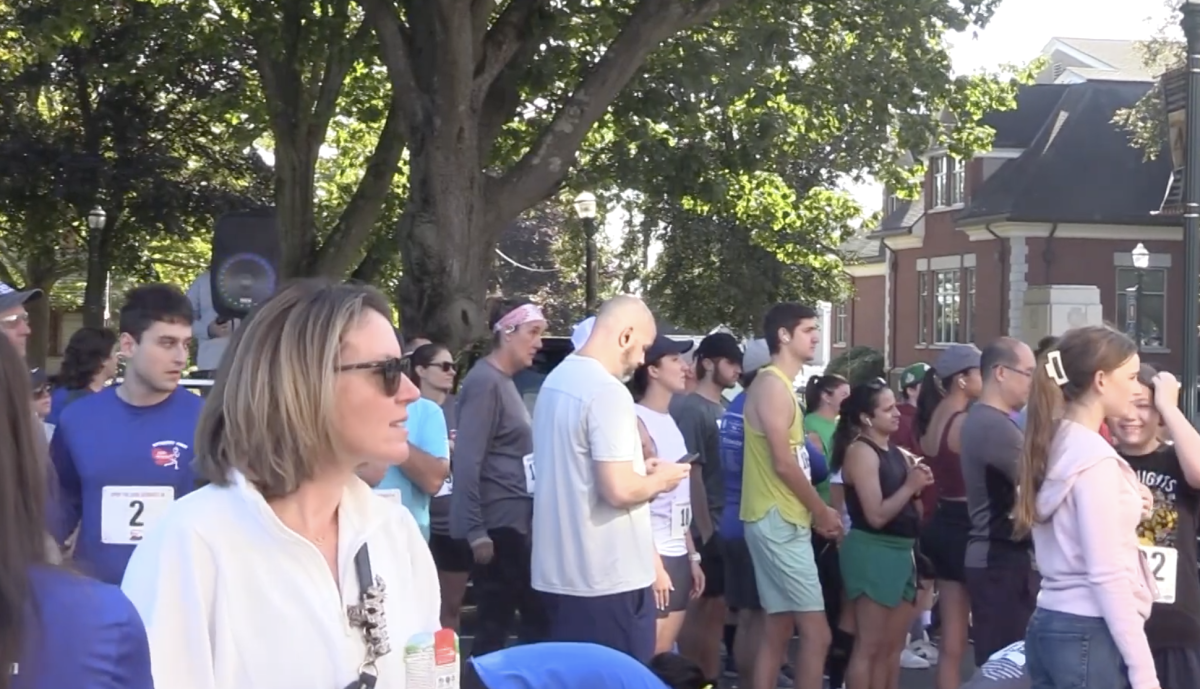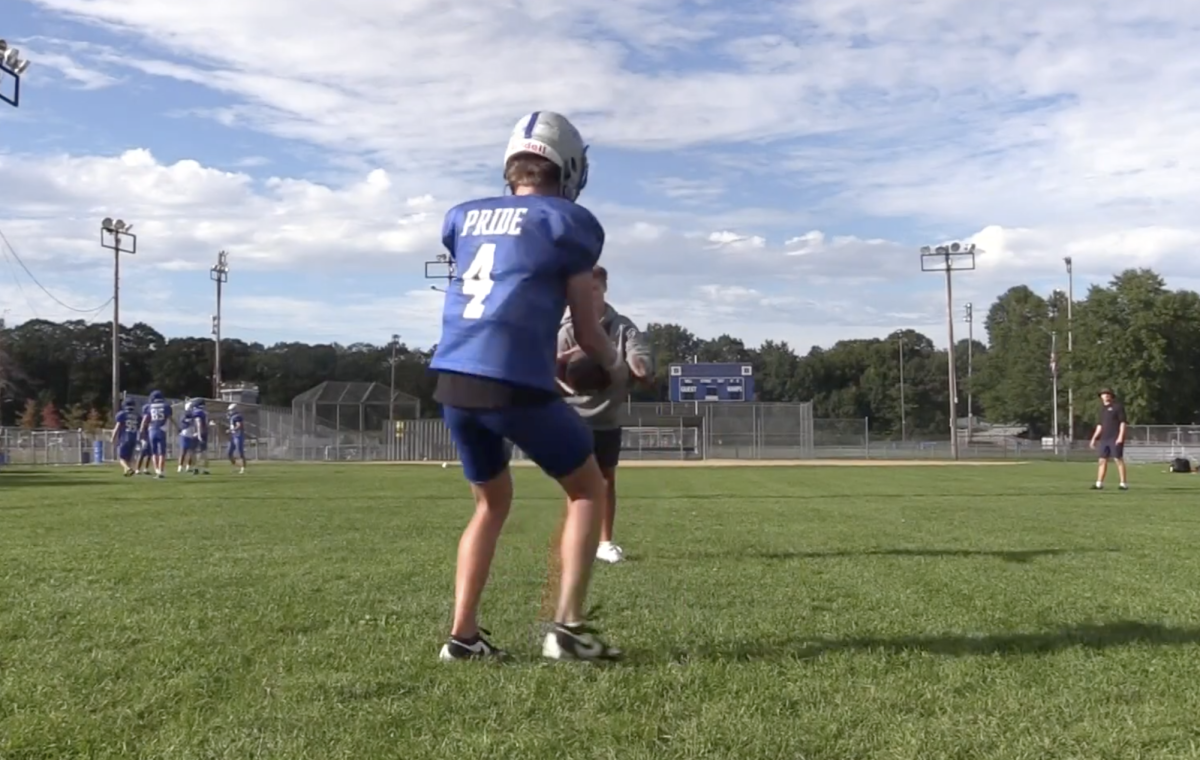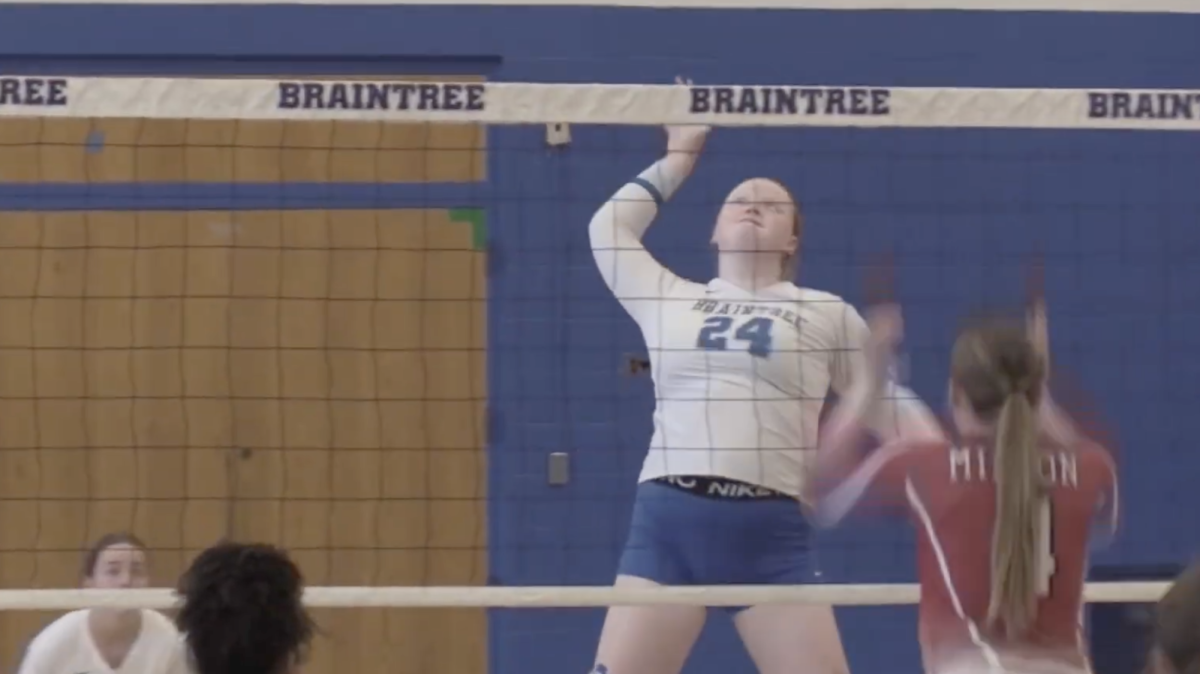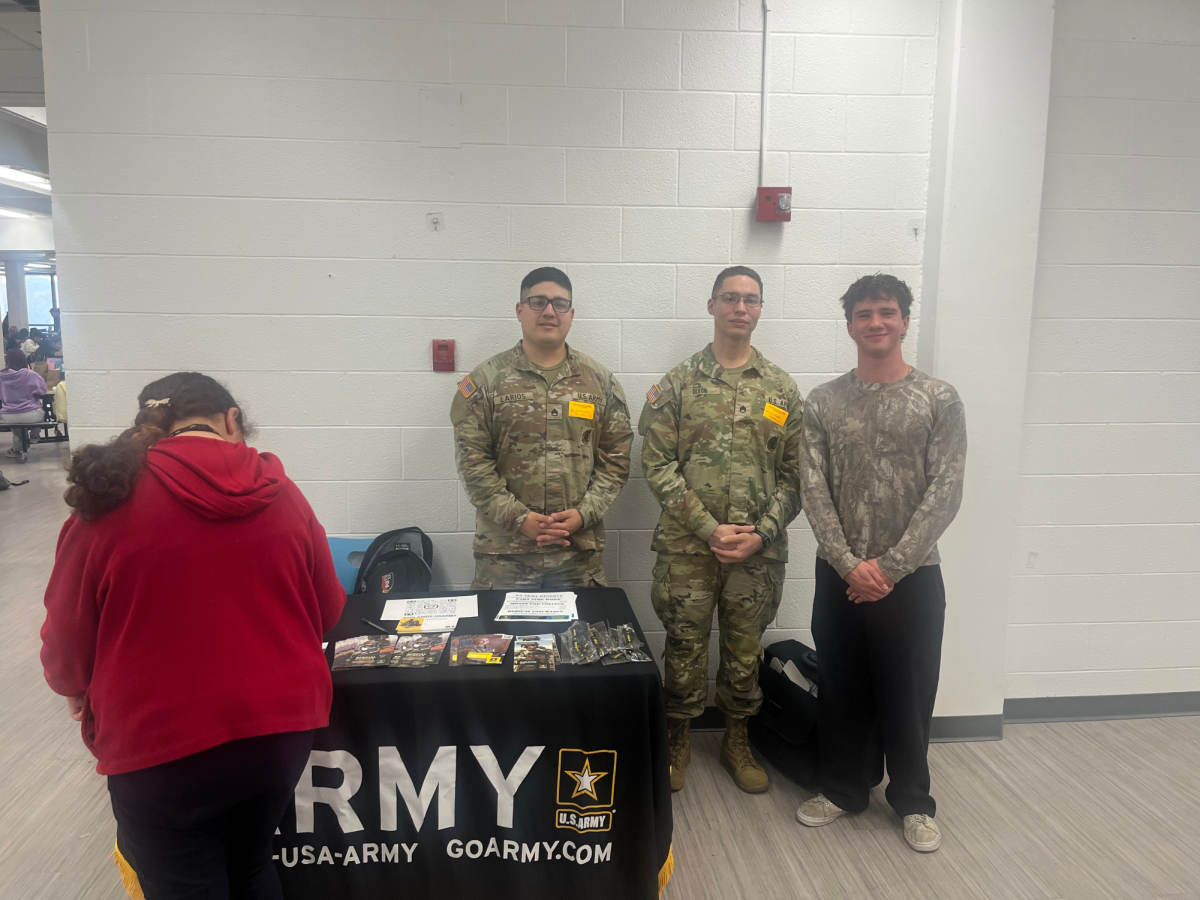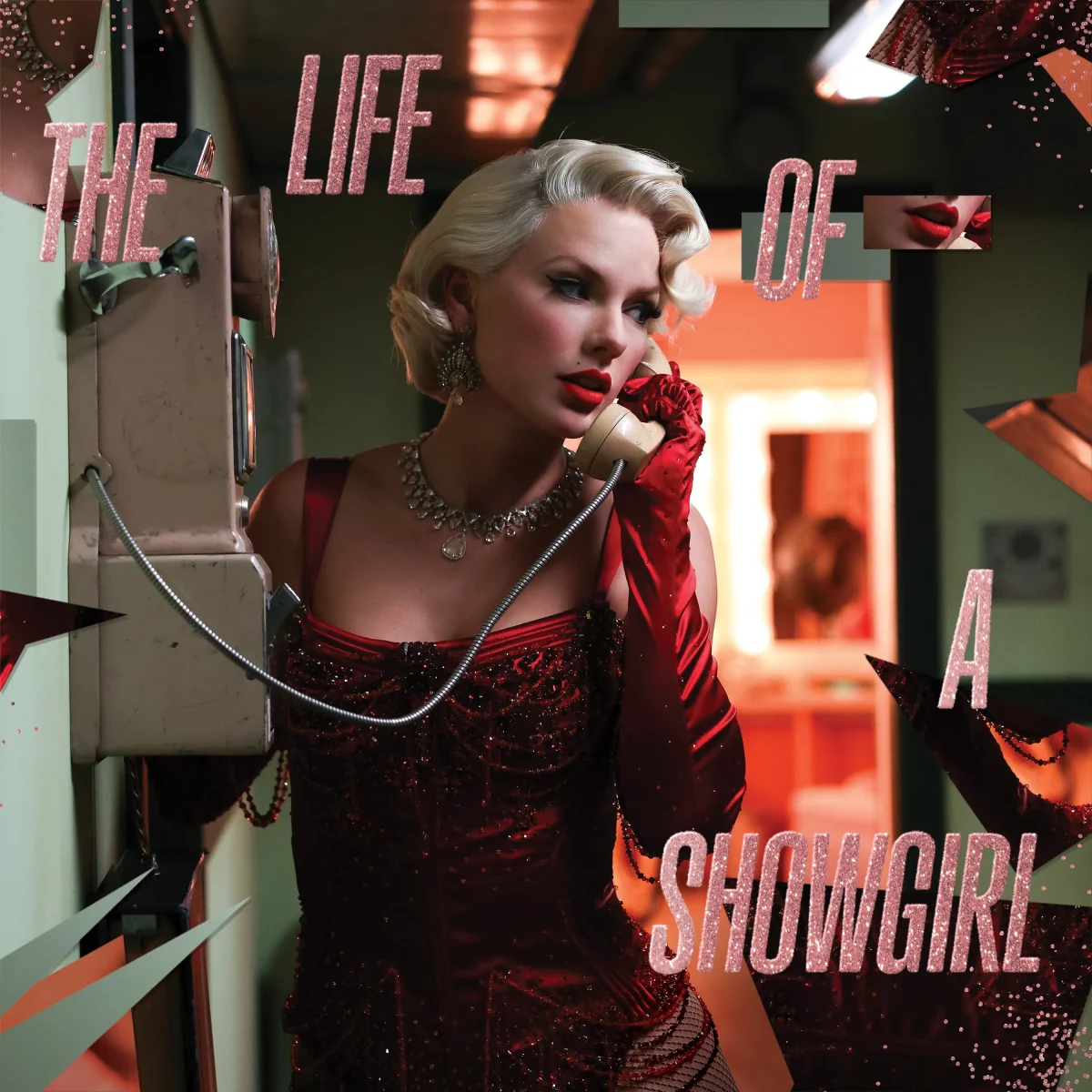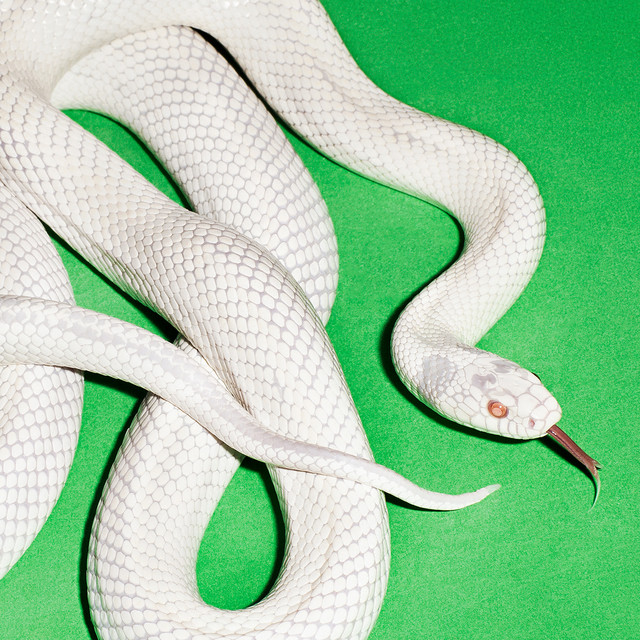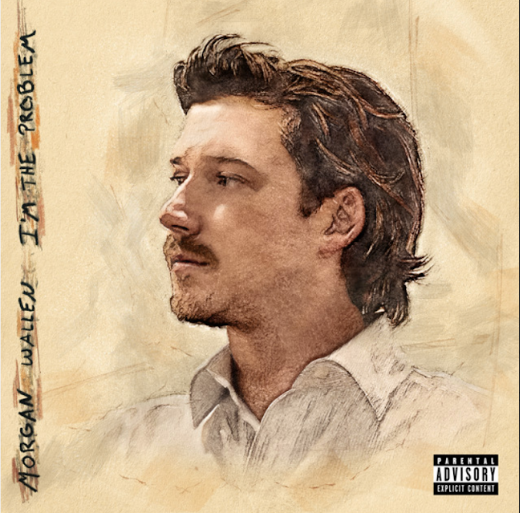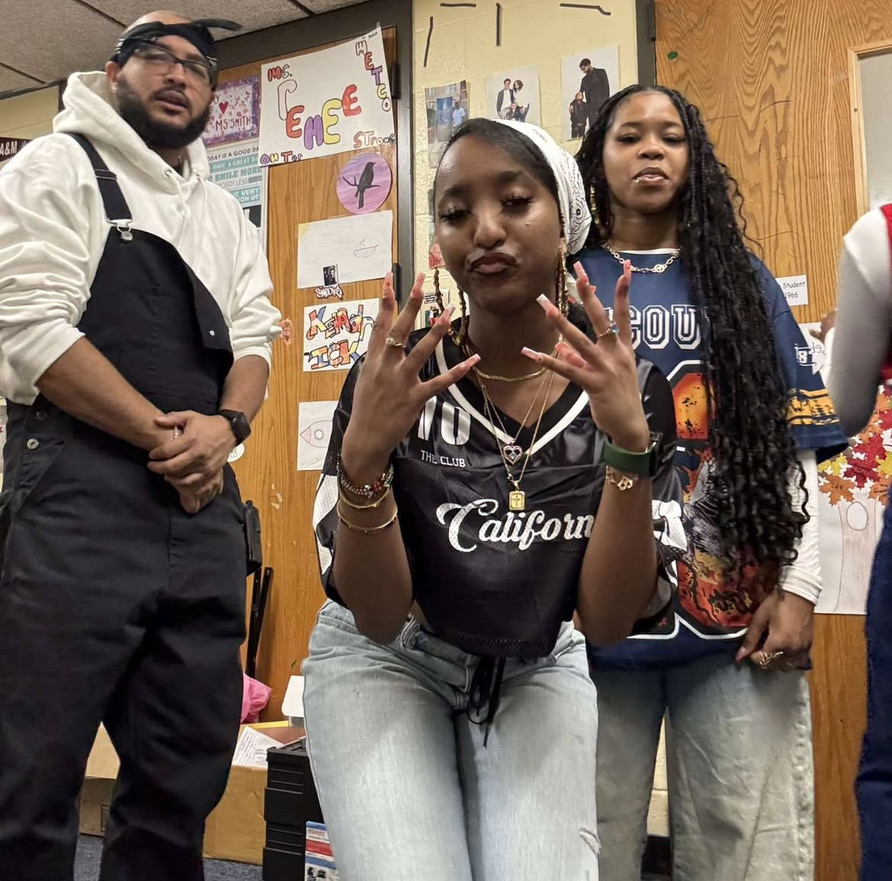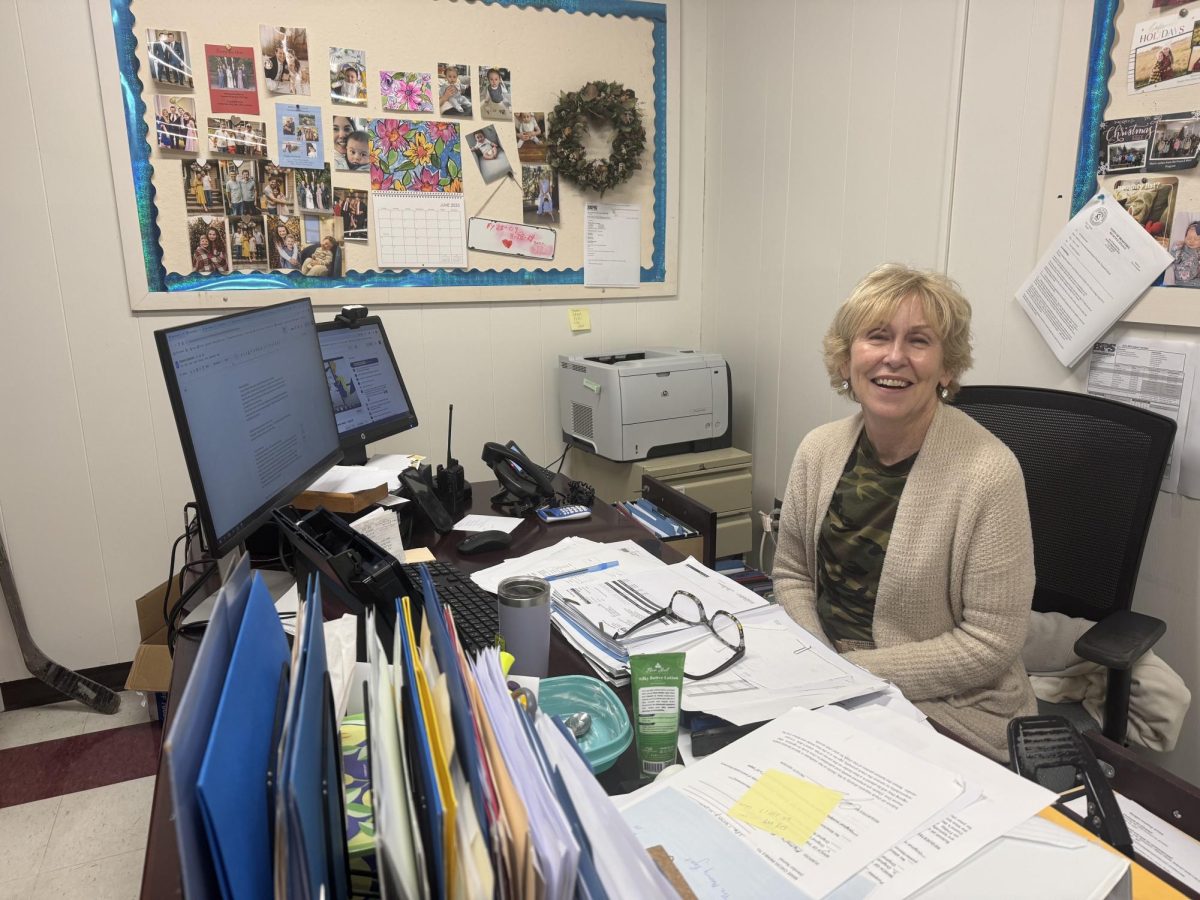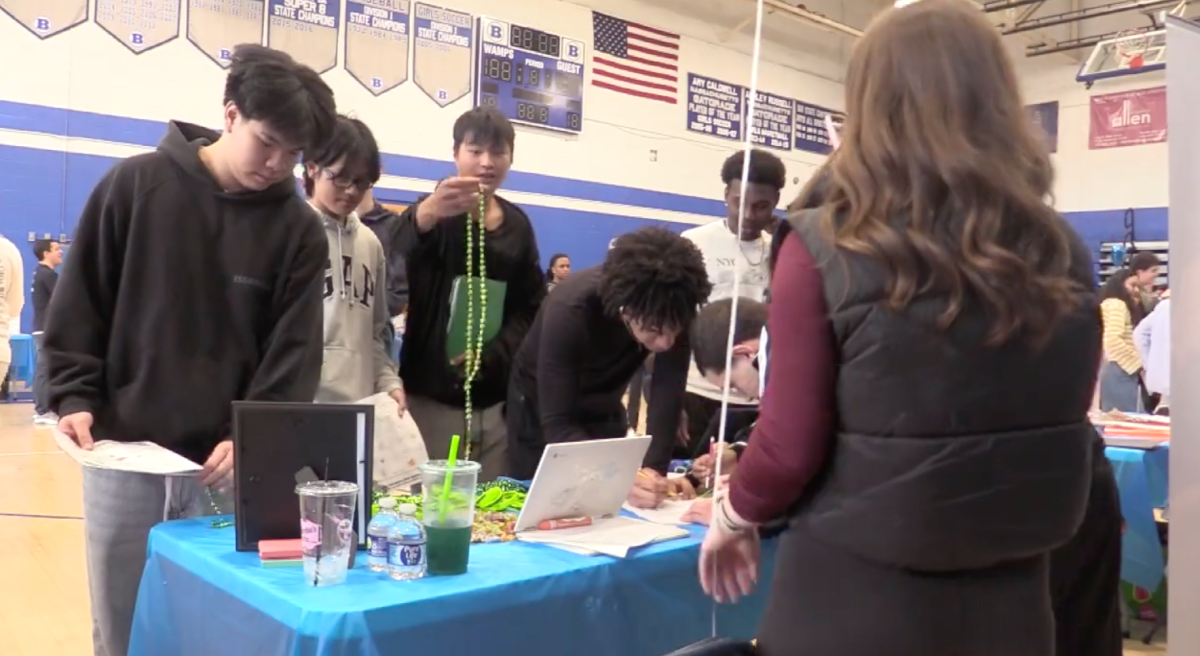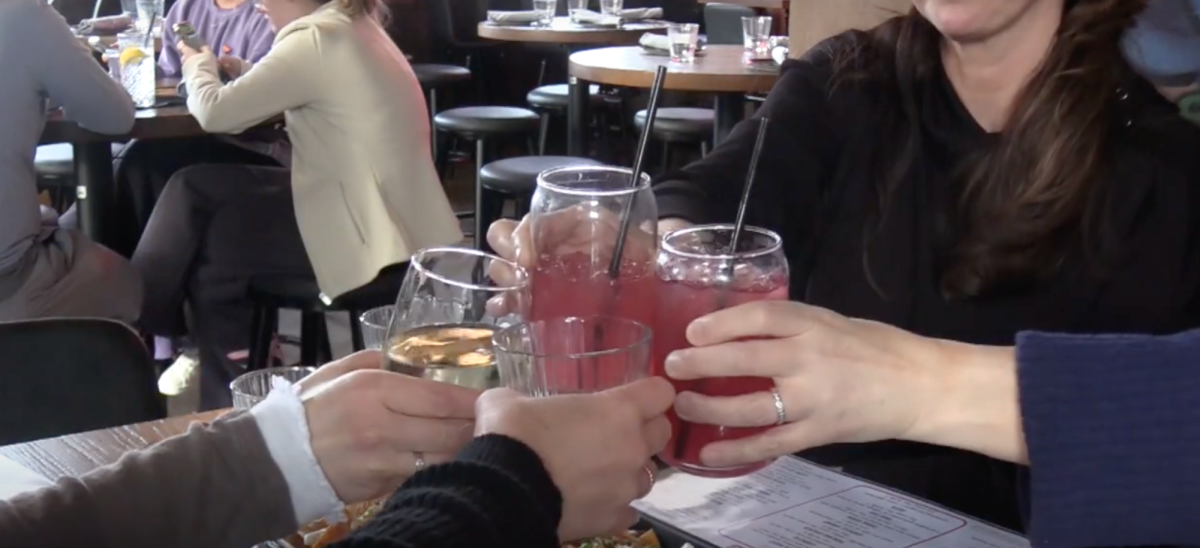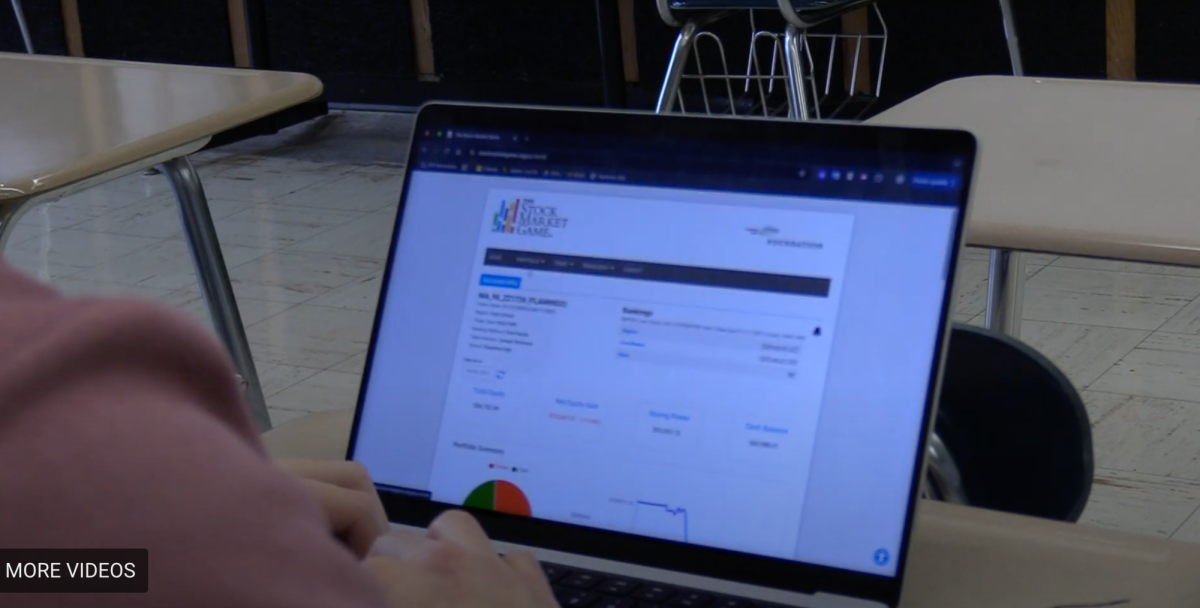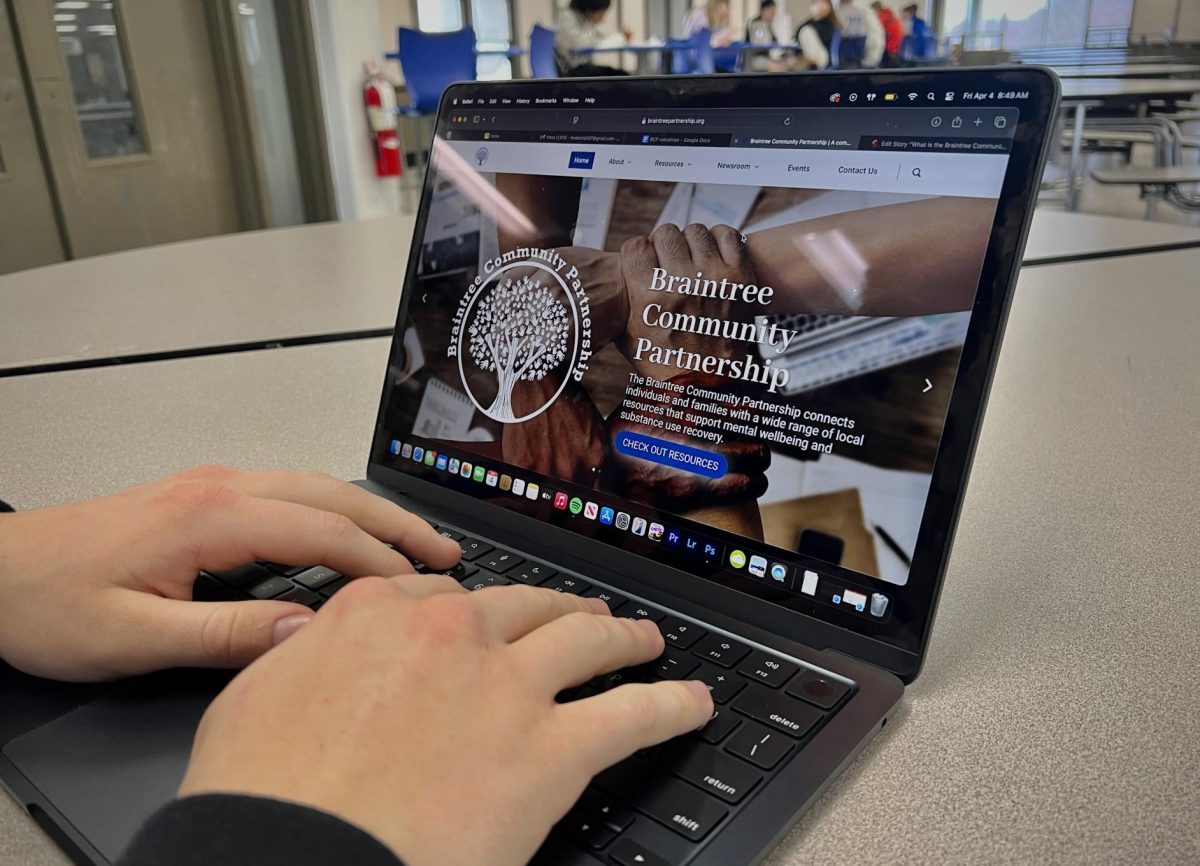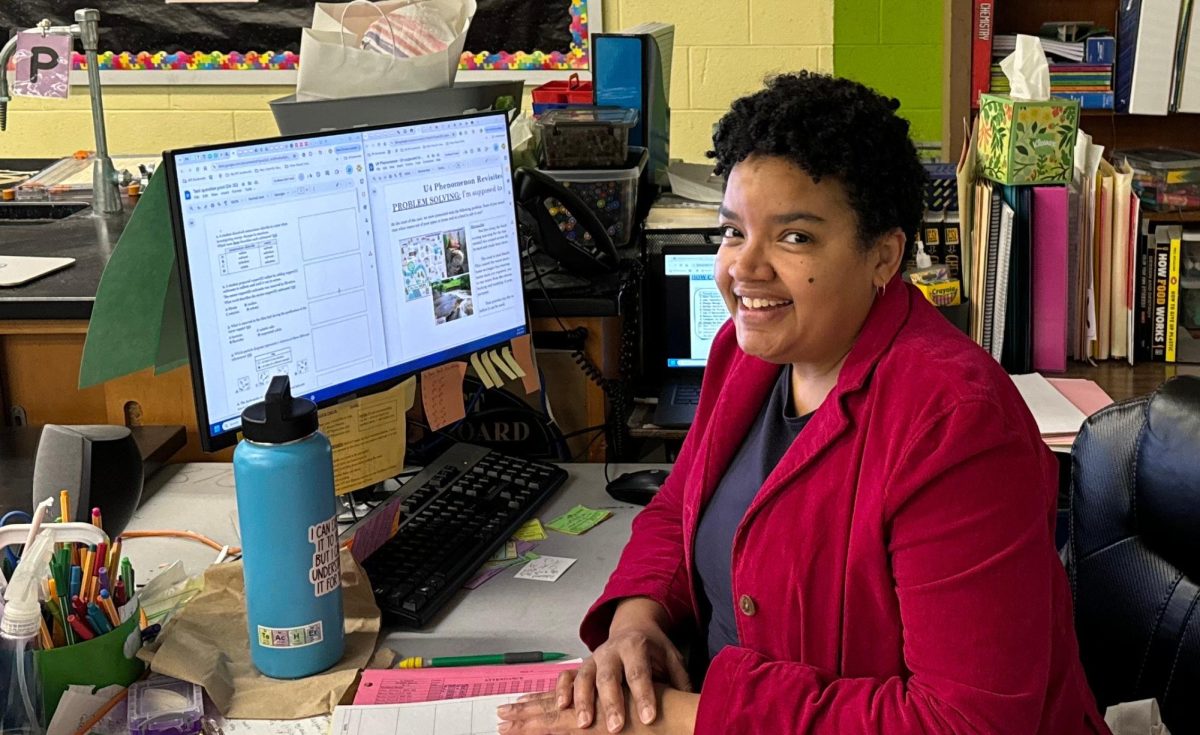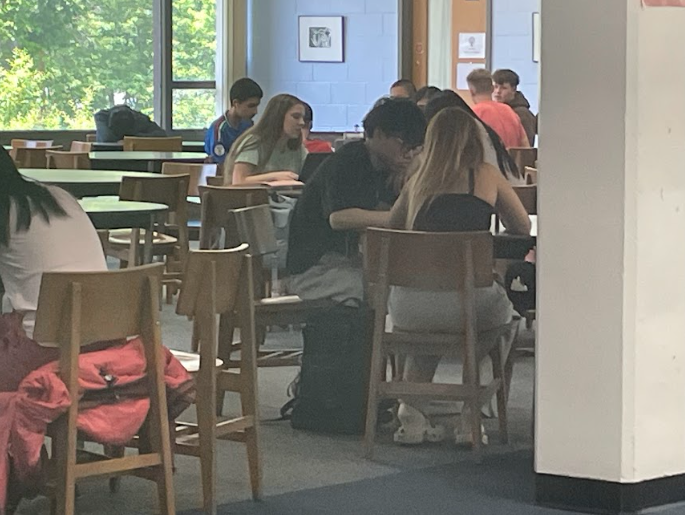It’s been a month since Black History Month ended, and Braintree High School’s Black Spirit week is long past; however, it’s left members of the Black Student Union (BSU) with a few complaints.
The BSU aims to bring inclusivity to Braintree High. The goal is to “push the diversity, equity, and inclusion narrative into our predominantly white institution” says Vice President Skye Burnside, “We are trying to create an impact and create a safe space while helping our teachers who are lacking with their education of Black History.”
The BSU kept this motto in mind when they wanted to create their own spirit week during the last week of Black History Month. While to an extent it was a success, there were some spaces that could have been improved.
“I think there definitely could have been improvements. People were so well spoken… like 90’s day, we said why we were wearing 90’s outfits, like it could have been improved if people were actually listening and caring,” says senior Maeva Julien, Secretary of Black Student
“A lot of people stopped by the lunch table, read the signs,” says Skye.
One of the biggest issues BSU had in the attempt to do their own spirit week was coming to an agreement with administration. After first proposing a full week of themed days, they were then met with a second option.
“Then we talked about it and [Dr. Scully] said let’s make it hybrid because right after break people aren’t going to remember to dress up,” paraphrases Skye. “You are trying to make us dress up alone, that is literally the opposite of inclusivity… We are trying to have people dress up with us so we can get inclusivity and show unity for Black History Month and have people stand with the BSU because we are the minority.”
However, it would turn out that there were a few issues with the proposal from the administrative perspective.
“Anytime we have a school-wide event, we work collaboratively with the student group that is helping to put it on…for instance, we’ve been talking to the student council and a couple other organizations and their advisors about the upcoming stand-up week rally. So we’ve been talking to them about that for about two months or so,” says Braintree High Headmaster Dr. Scully. “This was a great idea… I talked briefly with Ms. Smith, the [Black Student Union] advisor, and then the officers came to me… it came to me about eight school days before it was gonna happen, so we were already in the month of February… We all had to hustle [because] that wasn’t the usual amount of time that we might have to put something together”.
Despite making compromises over the spirit week, Black Student Union still raises some concern over the teaching of Black History as a whole.
“I haven’t really seen any changes in the teaching of Black History. I feel like it is just there, kind of like ‘oh it is Black History Month, and we leave it at that. We don’t really talk about what that means,” says Julien.
“Everything we do is kind of diluted and baseline… I feel like if they want to make a change in the behavior of the students and the racism that [black students] endure throughout the school year, they should probably deep dive into it,” says Burnside.
Hearing these complaints, the school is working to develop a curriculum that touches on many different topics concerning Black history. One way was piloting an AP African-American Studies course a few years ago.
“What we’ve been doing here in Braintree is identifying what African-American experiences and perspectives are… It’s not just about the Civil War, it’s not just about slavery, right? It’s not just about the civil rights movement. We want to try to identify and have discussions on the African-American experience,” says Head of the Social Studies Department, Dr. Gorman Lee.
“We’re trying to make sure that there’s an appropriate foundation in all the courses. but there’s also an opportunity for students who are particularly interested in topics to go into depth on those topics,” says Dr. Scully, “if a student learned something in AP or is learning something in US history and they’re like I’m really kind of interested in that… they can take that course and learn a little bit more in depth about it.”
When asked for his thoughts on whether or not he could see an AP African American studies course incorporated into the curriculum: “I would love to see that happening.”

